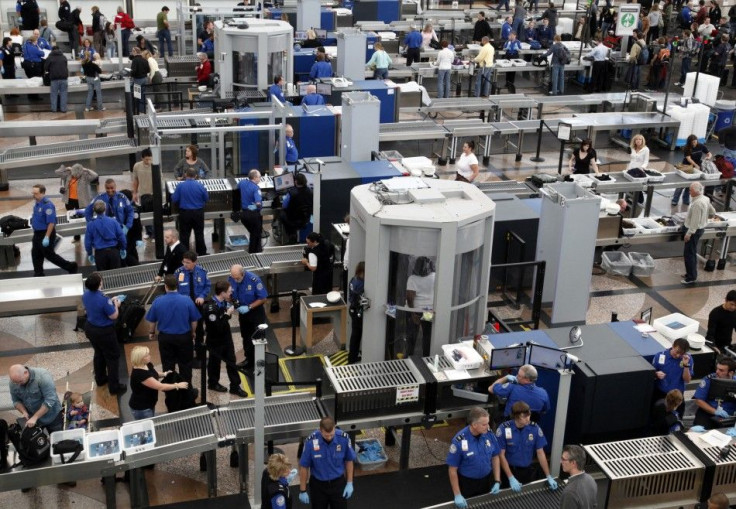AOptix Technologies Links Eyeballs to Security Systems

The eye may be the key to designing security systems that are absolutely secure as well as easy to operate, claims AOptix Technologies, a venture capital-backed developer with some early successes.
At London's Gatwick Airport as well as in Dubai, thousands of daily airline passengers pass through the company's readers that scan the irises of their eyes, then allow them to board airplanes in seconds with minimal hassle.
The procedure is better than fingerprint scanning and other media, managers of the Campbell, Calif., company say, because the human iris is unique. Once scanned into a database in a process that's as fast as looking into the camera at an optical shop, passengers benefit.
“It's a way we can authenticate a process than can be trusted,” said Chuck Yort, AOptix VP and general manager of identity solutions.
As well, the system improves “the customer experience” at airports, where passengers now complain about body searches, long lines and having to remove their shoes, said Joseph Pritikin, director of product market for identity solutions.
So far, the initial systems in airports are working well, the executives said. Passengers only need to be scanned once, with their private data stored in computers on site. Assuming their data don't conflict with other, damaging information, there's no reason why the data can't be rolled out globally.
AOptix, which has raised about $123 million in venture capital since 2000 from investors including Kleiner Perkins Caufield & Byers, Clearstone Venture Partners, DAG Ventures, Northgate Capital, True Ventures and W Capital Partners, also has other products aimed for communications.
The communications line of high-bandwidth data communication products stem from a fruitful partnership with the Pentagon's Defense Advanced Research Products Agency (DARPA).
The identity systems, though, focus on facial biometrics as well as iris ID, said Yort, acknowledging competition in various parts of the field from rivals including France's Safran SA (FRA:SAF), Singapore's xID Technologies and private SRI International, of Palo Alto, Calif., which also has an iris-based product.
Indeed, AOptix partners with Safran, which operates in North America as Morpho, a company that acquired several public U.S. biometrics companies; as well as with Unisys Corp. (NYSE:UIS); SITA, the private global technology company that handles airport communications, and regional partners.
The company has a “rich” portfolio of patents, said Yort, who declined to provide a number. They should prove valuable over time, he said.
Meanwhile, said Pritikin, the marketing manager, users of biometric systems also benefit from speeding up check-ins and security. “It's a return-on-investment for the airport operators,” he said, because once past security, passengers can spend more time shopping and eating in major airports, whose owners have invested billions.
The AOptix managers, who declined to provide revenue figures, also declined to say if the company plans an initial public offering or eventual sale.
Shares of Safran rose about 1 percent to 31.86 euros (US $41.52) in Monday trading.
© Copyright IBTimes 2025. All rights reserved.






















